
Study authors of a paper published in The New England Journal of Medicine highlighting omalizumab for multiple common food allergies provided their comments regarding positive phase 3 data.

Study authors of a paper published in The New England Journal of Medicine highlighting omalizumab for multiple common food allergies provided their comments regarding positive phase 3 data.

A poster presentation at AAAAI from the phase 3 PEOPLE Study revealed DBV712 treatment in children with peanut allergy has a favorable safety and tolerability profile.

Omalizumab was approved by the FDA on February 16, 2024 as the first and only FDA-approved medicine to reduce allergic reactions in patients with 1 or more food allergies.

Thomas Casale, MD, discusses phase 3 data presented at the 2024 AAAAI Meeting in Washington DC, highlighting neffy's efficacy in pediatric patients at risk for anaphylaxis.

Sarina Tanimoto, MD, MBA, breaks down a poster session regarding the pharmacokinetic profile of neffy, presented at the 2024 American Academy of Allergy, Asthma, & Immunology Annual Meeting in Washington DC from February 23 to February 26, 2024.
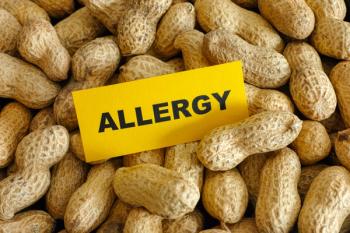
A lead study investigator highlights epicutaneous immunotherapy using DBV 712 (Viaskin Peanut; DBV Technologies), its study details, and breaks down its usability, indications, and treatment potential.

The Fast Track Designation follows the recent announcement of phase 1/2 data from the Harmony trial.

This research highlights the close relationship between pollen-induced allergic rhinitis, sensitization, and asthma.
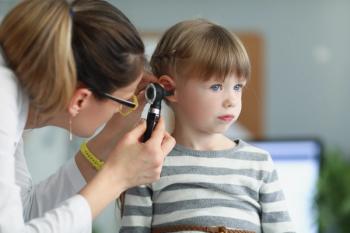
S salivarius probiotic reduces relative abundance of nasopharyngeal otopathogens but not incidence of acute otitis media in children.

At the 2023 American Academy of Pediatrics National Conference & Exhibition, Paul V. Williams, MD, FAAP, explains his session "Tell Me it Ain't So: Delabeling Penicillin Allergy," and how general pediatricians can make a difference by removing a false penicillin allergy label from a child's medical record.
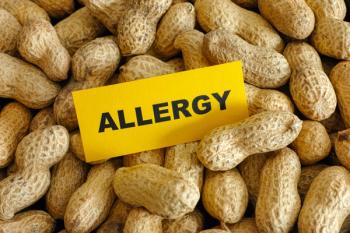
Desensitization was observed in children aged 1 to 4 years using peanut sublingual immunotherapy (SLIT) compared to placebo, demonstrating a significantly greater median cumulative tolerated dose and higher likelihood of demonstrating remission.

This new data is consistent with previous results on efficacy and on safety shown in global phase 3 studies that had enrolled both adults and adolescents.
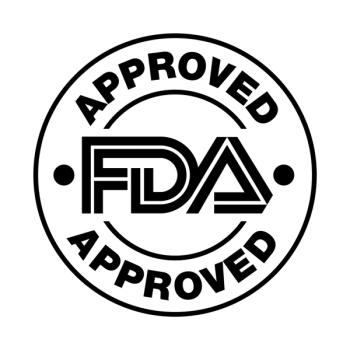
Regeneron states all 10 patients achieved normalization of serum albumin and serum IgG concentrations by week 12 in a phase 2/3 trial that investigated the safety and efficacy of pozelimab-bbfg. These concentrations were maintained through 72 weeks.

This expanded upon the limited data available on risks of precautionary allergen label food introduction for those with allergies, the results of which suggest new possibilities for future allergy management.

New data on oral immunotherapy to food allergens shows promise for the treatment, though more information with standard interventions and regimens is needed to gain certainty on the efficacy and safety.

A new study investigates taking this treatment a step further, evaluating the effect of epicutaneous immunotherapy in toddlers with known peanut allergies.
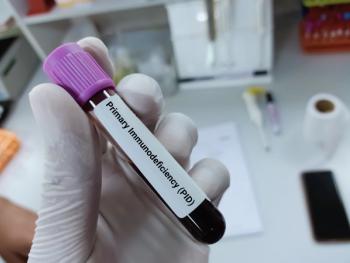
The FDA recently approved Hyqvia, expanding its use to treat pediatric patients with primary immunodeficiency (PI) aged 2 to 16 years.
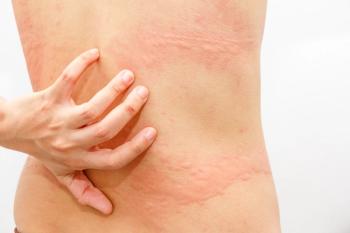
In a recent study, penicillin allergy documentation was uninformative in allergy tabs, and children were not often referred to allergists.

Recent data, presented at the AAAAI annual meeting, showed that oral sesame desensitization through crushed seeds and tahini was efficacious and safe for pediatric patients.
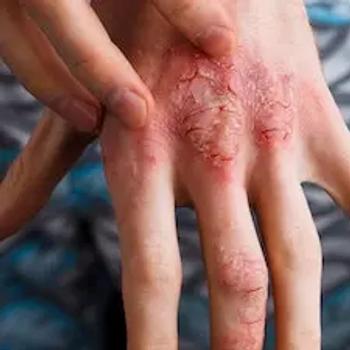
New data presented at ACAAI 2022 observed various trends in allergies associated with eczema and eosinophilic esophagitis, comparing observed data with that of patients in the United States.

A recent study in Finland finds 2 major contributing factors to allergic disease in infants with familial risk.
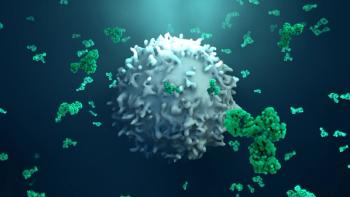
Research by Ben Katz, MD, and other investigators has brought new insight on chronic granulomatous disease to light.
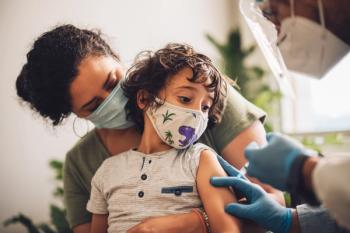
The US Food and Drug Administration (FDA) Vaccines and Related Biological Products Advisory Committee unanimously voted recently to recommend both the Pfizer-BioNTech and Moderna COVID-19 vaccines for individuals aged 6 months and older.

Study links inappropriate, off-guideline antibiotics to increased, avoidable allergic and adverse events in children.

Asthma may increase patient risk of developing dry eye disease.